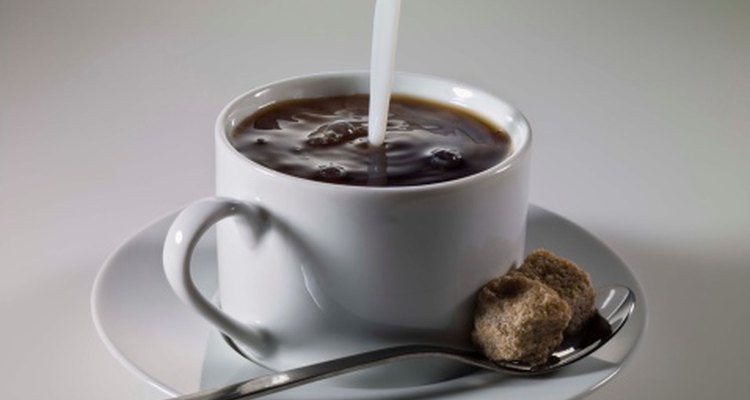
Caffeine is a bitter compound present in coffee, which primarily affects your metabolism, particularly the central nervous system. Generally, the caffeine content of coffee is not harmful if you consume it in moderation -- no more than two to four cups per day. If you have a sensitivity to the substance, however, you may opt for the decaffeinated version, although the caffeine content may be more than you think. Whether you’re curious about the level of caffeine present in your coffee, or you need to measure it to safeguard your health, caffeine testing is a simple process you can do quickly and efficiently. You just need to have the proper testing strip.
Purchase caffeine-testing strips at your grocery store. If you cannot find them, buy them online from a reputable seller. Generally, a package contains 20 strips, and may be up to 98 percent accurate in determining the caffeine content of coffee, according to an October 2009 article published in "Popular Mechanics."
Pour 6 oz. of black coffee into a cup and then place the strip inside. The testing strips are not able to determine caffeine content in coffee mixtures, such as lattes, which contain sugar and milk. Caffeine-testing strips require the coffee to be black for an accurate measurement.
Remove the strip from the coffee after it has finished soaking, about 30 seconds, and place it on a flat surface.
Find the lines of the strip, which hare marked either “D” or “C.” If a drink has more than 20 mg of caffeine, the “C” line will appear bolder. If the drink has fewer than 20 mg of caffeine, the “D” line will appear bolder. Generally, decaf coffee may contain between 6 and 10 mg of caffeine per serving, which fits the requirement of a “decaf” label. In some cases, however, the caffeine content may be well over 30 mg.
Re-test your coffee if you were unable to get a clear reading. This may happen when the caffeine content is close to 20 mg. If this is the case and you are sensitive to caffeine, avoid drinking the beverage.
Related Articles
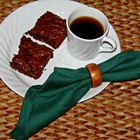
Caffeine in Chocolate Versus Coffee

How Much Caffeine Is in Tootsie Rolls?

Rolo Nutrition Information
How to Test the pH of Sauerkraut Juice
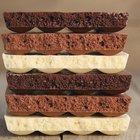
Foods Containing Theobromine

Alternatives to a Styrofoam Cup
Black Licorice Nutrition

How to Make Coffee for a Crowd
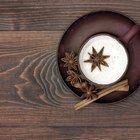
Starbuck's Chai Tea Latte Nutrition ...

Nutrition Facts for Coffee With Whole ...
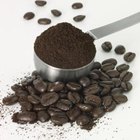
How to Measure Coffee Grounds When ...

Gluten-Free Energy Drinks
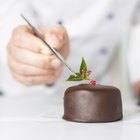
The Difference Between Bittersweet ...
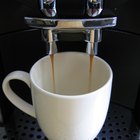
How to Descale a Gaggia
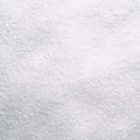
The Disadvantages of Saccharin

Side Effects of Veet Waxing Strips

How to Get Emergency Cash Assistance
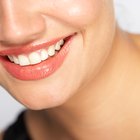
The Best Way to Use Crest Whitestrips

The Difference Between Brown and White ...
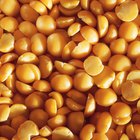
Which Is Healthier, Lima Beans or ...
References
Writer Bio
Skyler White is an avid writer and anthropologist who has written for numerous publications. As a writing professional since 2005, White's areas of interests include lifestyle, business, medicine, forensics, animals and green living. She has a Bachelor of Arts in anthropology from San Francisco State University and a Master of Science in forensic science from Pace University.
Photo Credits
Jupiterimages/Comstock/Getty Images